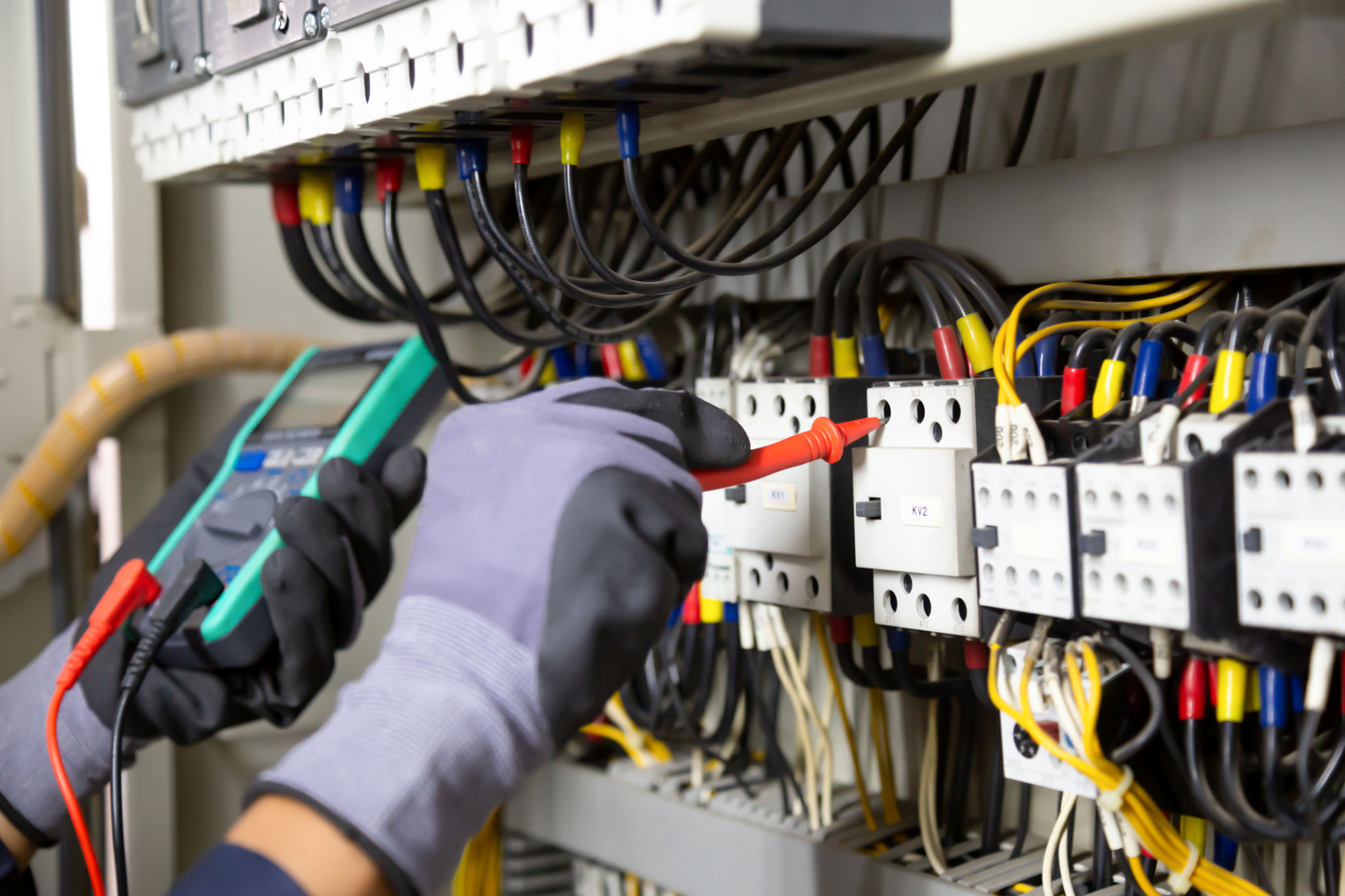Industry-Specific Equipment Appraisals: What You Need to Know
Understanding Industry-Specific Equipment Appraisals
In the dynamic world of business, particularly within industries that rely heavily on specialized equipment, understanding the value of these assets is crucial. Industry-specific equipment appraisals offer a detailed assessment of machinery, tools, and other pertinent assets, providing a clear picture of their worth. This process is not only beneficial for financial reporting but also essential for insurance, buying or selling equipment, and securing loans.

Why Are Equipment Appraisals Important?
Equipment appraisals are vital for several reasons. First, they provide an accurate valuation that reflects the current market conditions and the equipment's condition. Second, they help businesses make informed decisions when it comes to buying or selling equipment. Lastly, appraisals are often required for insurance purposes to ensure that businesses have adequate coverage for their assets.
Moreover, appraisals are critical during mergers and acquisitions. They offer a transparent basis for negotiation by ensuring that both parties have a mutual understanding of the asset values involved. This can significantly streamline the process and prevent disputes.
Key Factors in Equipment Appraisal
Several factors influence the appraisal of industry-specific equipment. The age, condition, and functionality of the equipment are primary considerations. Appraisers also look at market demand and the availability of similar equipment. Additionally, any technological advancements that may render certain equipment obsolete can impact its valuation.

Another important factor is the equipment's location. Transportation costs can affect the overall value, particularly if the equipment needs to be moved to a new site. Understanding these factors enables businesses to better prepare for the appraisal process.
The Appraisal Process
The appraisal process typically begins with a thorough inspection of the equipment. Appraisers will assess the condition and functionality of each asset, often taking detailed notes and photographs for documentation. They may also review maintenance records to understand the equipment's history and performance.
- Inspection of equipment
- Review of maintenance records
- Market research to determine value

Choosing the Right Appraiser
Selecting a qualified appraiser is crucial for obtaining an accurate and fair valuation. Look for professionals with experience in your specific industry, as they will have a better understanding of your equipment's unique characteristics and market value. Certification from reputable appraisal organizations can also be a good indicator of credibility.
It's important to communicate your needs clearly to the appraiser so that they understand the purpose of the appraisal. Whether it's for financial reporting, insurance, or a potential sale, having clear objectives will guide them in providing a valuation that meets your requirements.
Conclusion
Industry-specific equipment appraisals are an essential component of asset management for businesses relying on specialized machinery. By understanding the process and its benefits, businesses can ensure they are making informed decisions based on accurate valuations. Whether preparing for a sale, securing insurance, or facilitating a merger, having a comprehensive appraisal can significantly impact a company's financial health and operational efficiency.